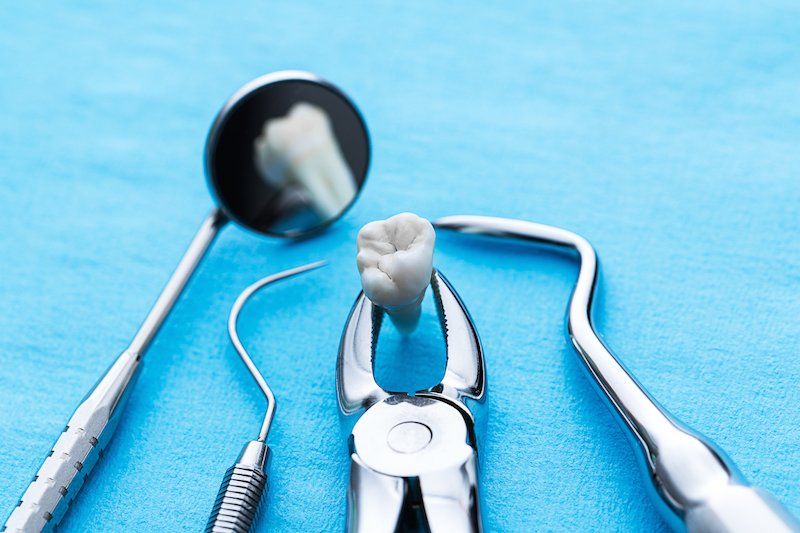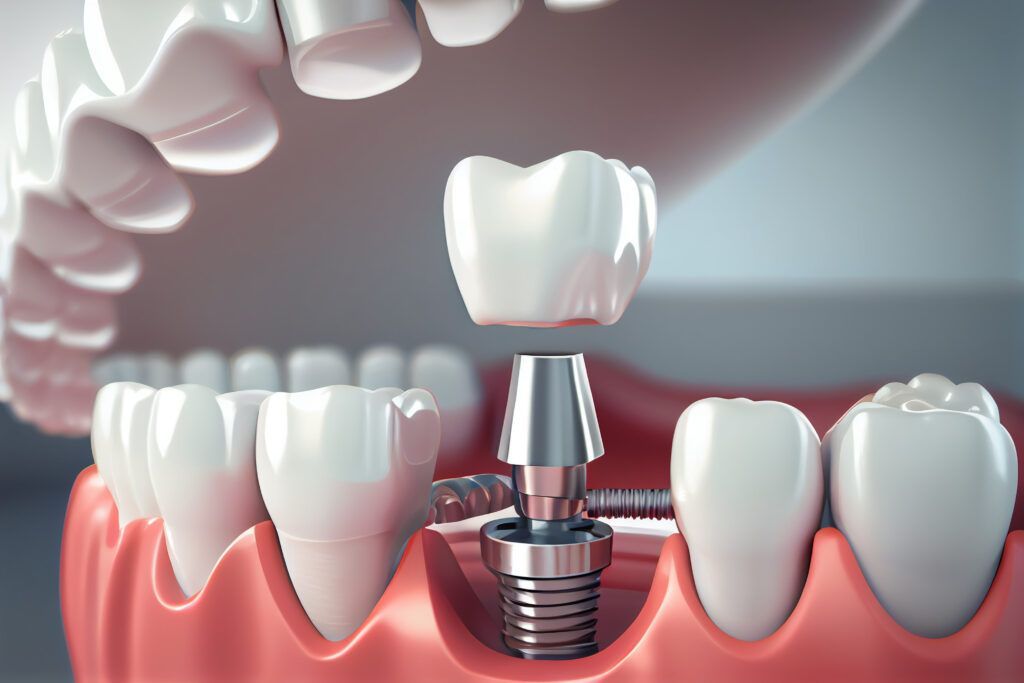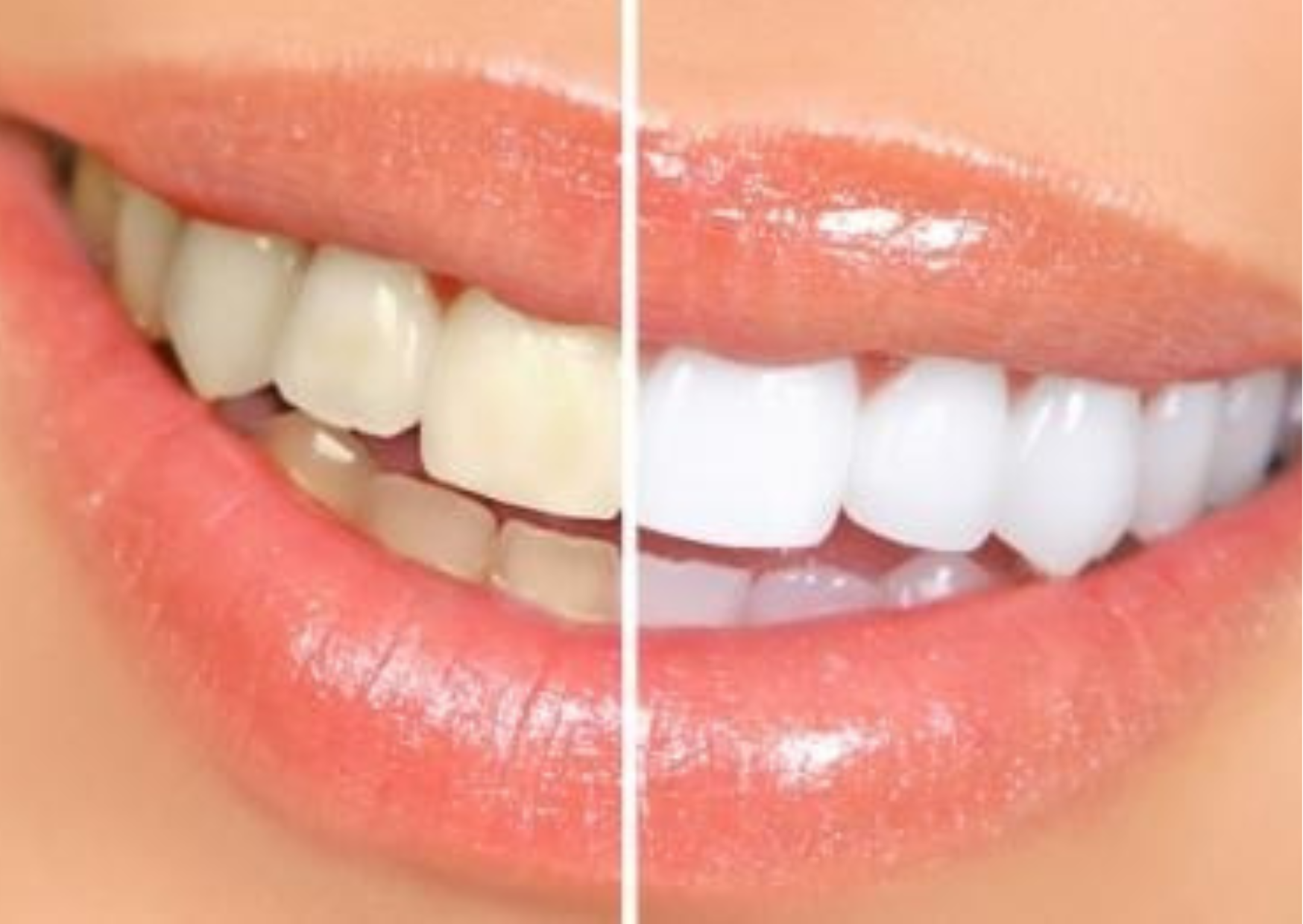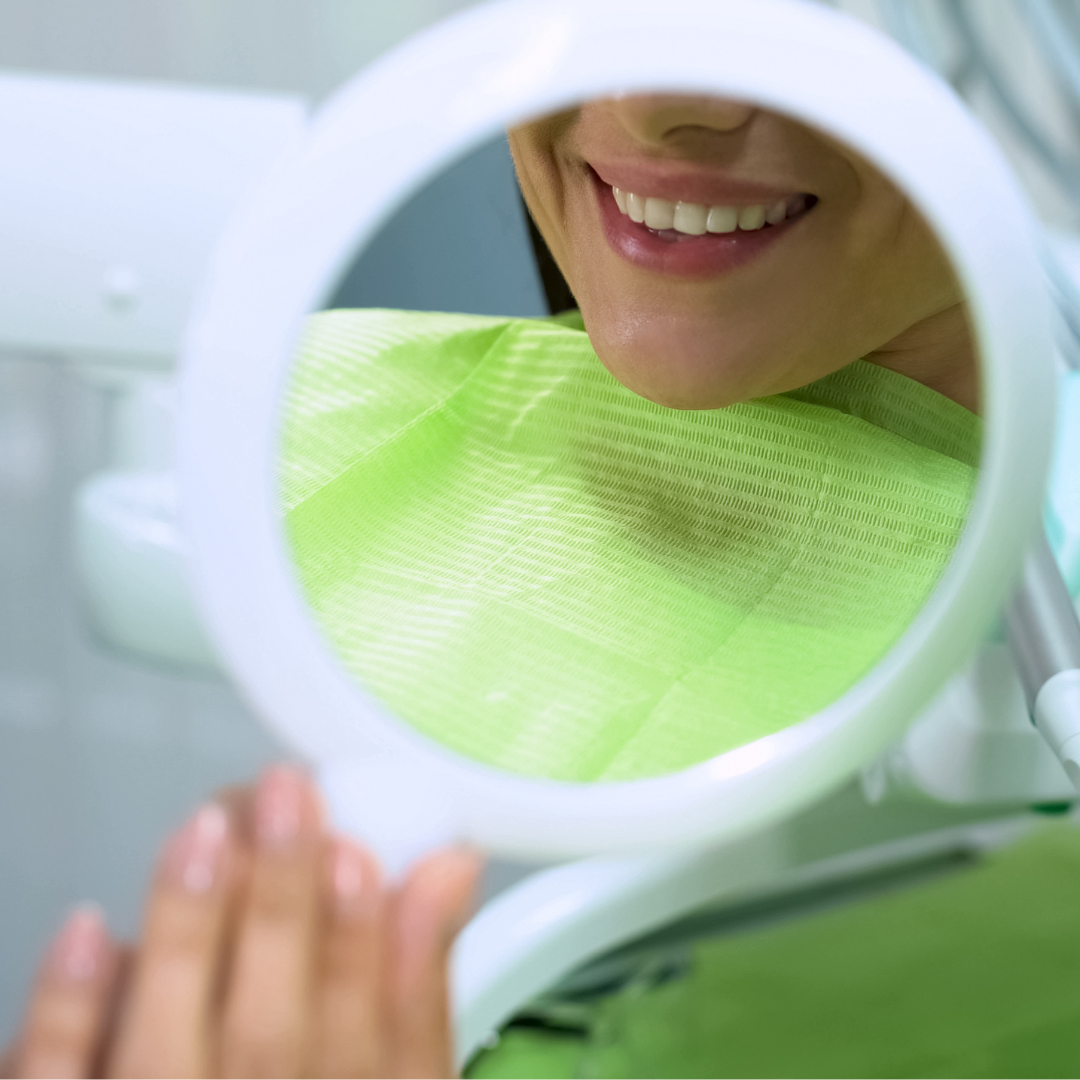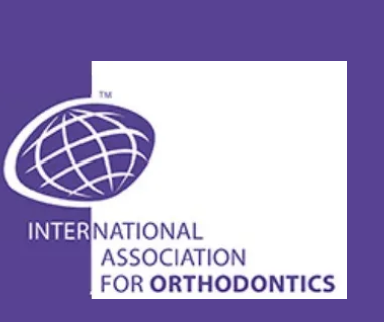WISDOM TOOTH REMOVAL
WHAT IS WISDOM TEETH?
Wisdom teeth the third molars in very back of your mouth which may not need to be removed if they are healthy, grown in completely (fully erupted), positioned correctly and biting properly with their opposing teeth and are able to be cleaned as part of daily hygiene practices.
WHAT ARE THE COMPLICATIONS OF NOT REMOVING WISDOM TEETH?
Many times wisdom teeth don’t have room to grow properly and can cause problems. Erupting wisdom teeth can grow at various angle in the jaw, sometimes even horizontally.
Problems can include wisdom teeth that:
- Remains completely hidden with the gums. If they aren’t able to emerge normally, wisdom teeth become trapped (impacted) within your jaw. Sometimes tis can result in infection or can cause a cyst that can damage other teeth roots or bone support.
- Emerge partially through the gums. Because this area is hard to see and clean, wisdom teeth that partially emerge create a passage way that can become magnet for bacteria that cause gum disease and oral infection.
- Crowd nearby teeth. If wisdom teeth don’t have enough room to come in properly, they may crowd or damage nearby teeth.
HOW LONG DOES RECOVERY TAKE AFTER REMOVAL OR SURGERY?
Symptoms may appear seven to ten days after a surgical removal. The ache and swelling are their worst three to five days after the procedure. The recovery is normal if the pain killer alleviate the ache. However, if there are any general symptoms, such as fever or increasing swelling, you have an inflammation that requires treatment. In that case contact your dentist. Recovery after a normal upper wisdom tooth removal is usually quick, as long as you remember to avoid any strenuous activities, at least on the day of removal.
FREQUENTLY ASKED QUESTIONS
DO WISDOM TEETH HAVE TO BE REMOVED?
Wisdom teeth removal may be necessary if you experience changes in the area
Of those teeth, such as pain, repeated infection of soft tissue behind the lower last tooth Fluid-filled sacs (cysts), tumors, damaged to nearby teeth, gum disease or extensive tooth decay.
WHEN SHOULD I REMOVE MY WISDOM TEETH?
Some dentists recommend removing wisdom teeth if they don’t fully emerge. Many dentist believe it’s better to remove wisdom teeth at a younger age, before the roots and bone fully formed, and when recovery is generally faster after surgery.
I’M SCARED OF HAVING MY WISDOM TEETH REMOVED, CAN I HAVE THEN SEDATIVE?
You should have discuss your fears with your treating dentist. Pre- medication before the removal is possible. You can ask your dentist for more specific instructions.
HOW ARE WISDOM TEETH REMOVED? DOES IT INVOLVED SURGERY OR THEY JUST CAN BE ‘PULLED’ OUT?
The need for specific removal technique is evaluated separately each time: the choice is affected by tooth position, root shape and how much room there is in the mouth.
WHEN CAN I EAT AGAIN?
You must not eat or drink for two hours after the removal. If your mouth feels very numb you should not eat or drink until the local anesthesia has worn off somewhat: otherwise you may accidentally bite your cheek or tongue while your mouth is still numb. It is also possible that the corner of your mouth may not hold food or drink very well, and hot food may cause burns in the mouth.
CAN I SMOKE AFTER I’VE HAD MY WISDOM TEETH REMOVAL?
It is advised not to smoke until complete healing is not achieved.

